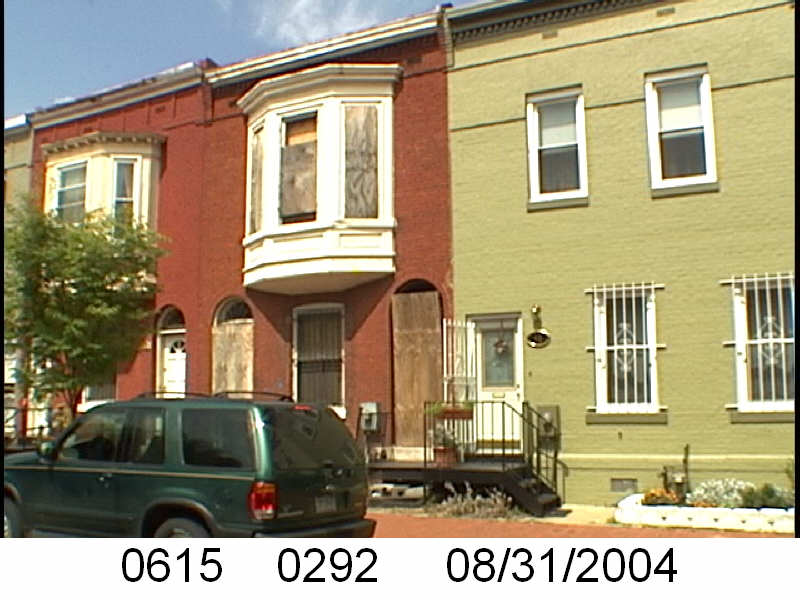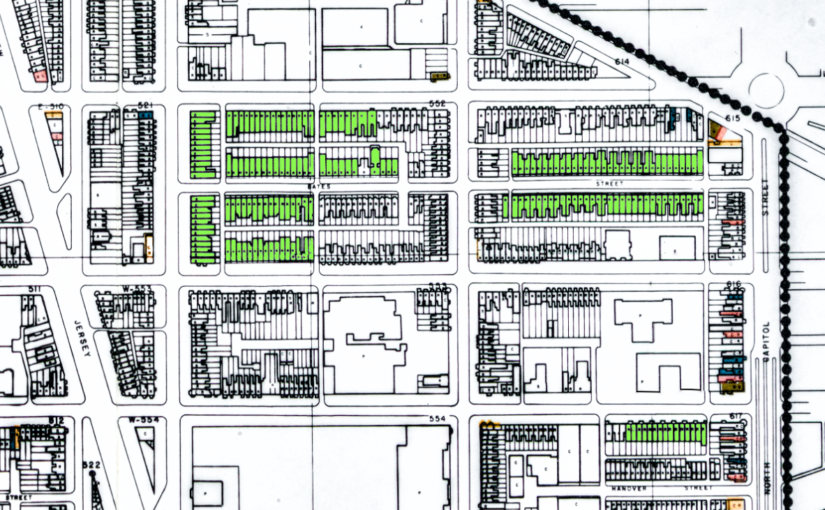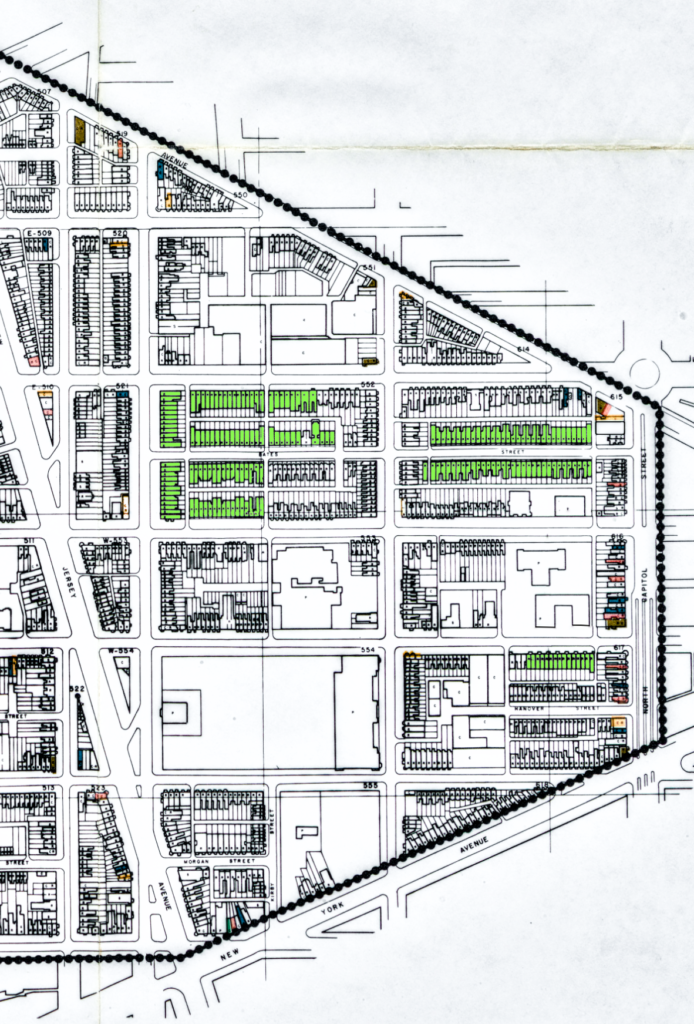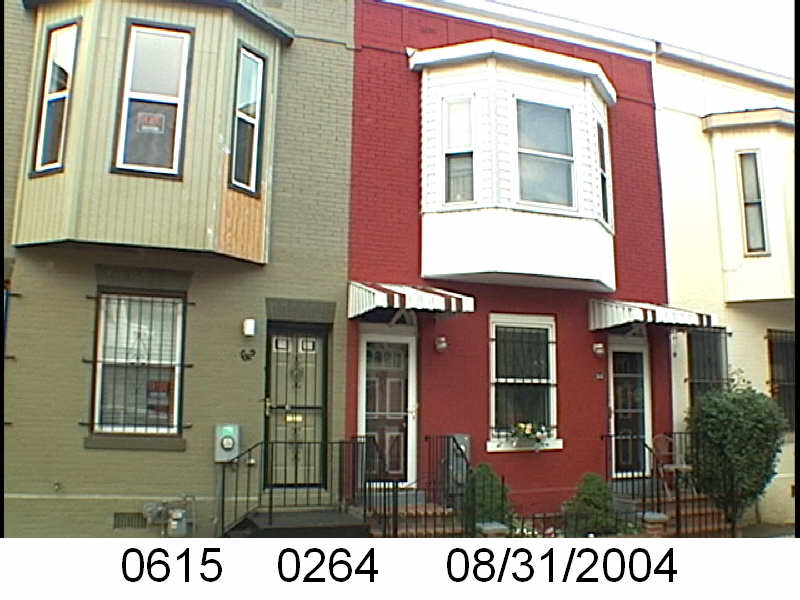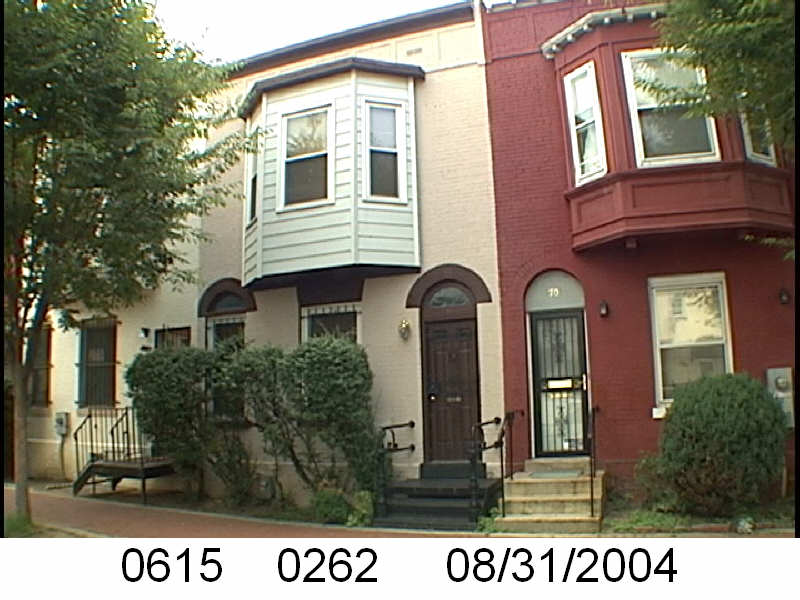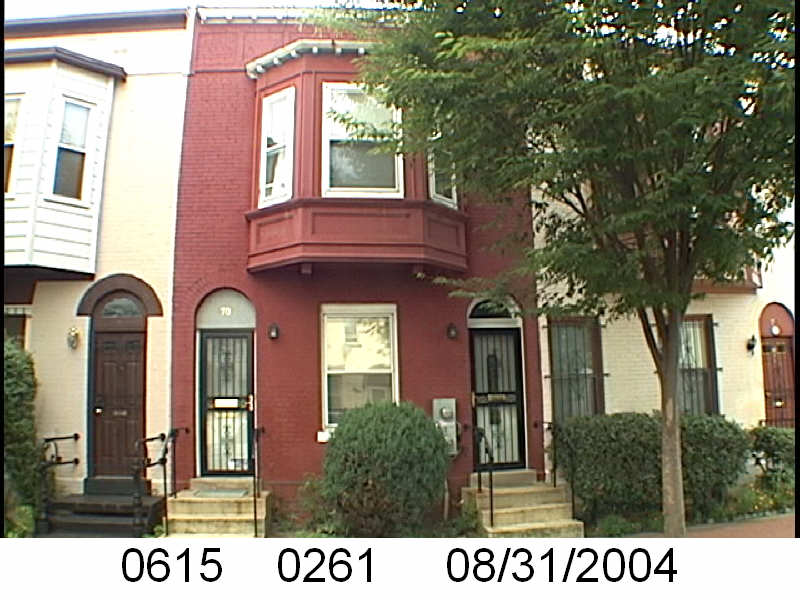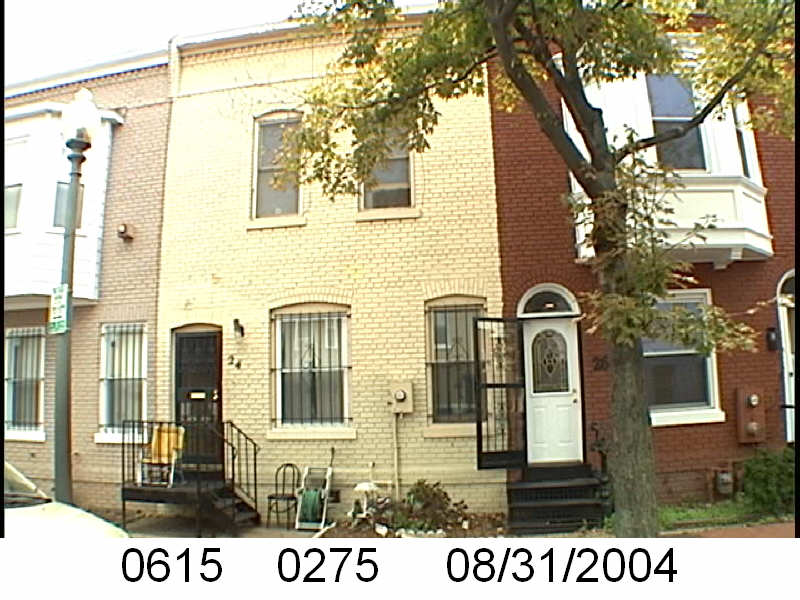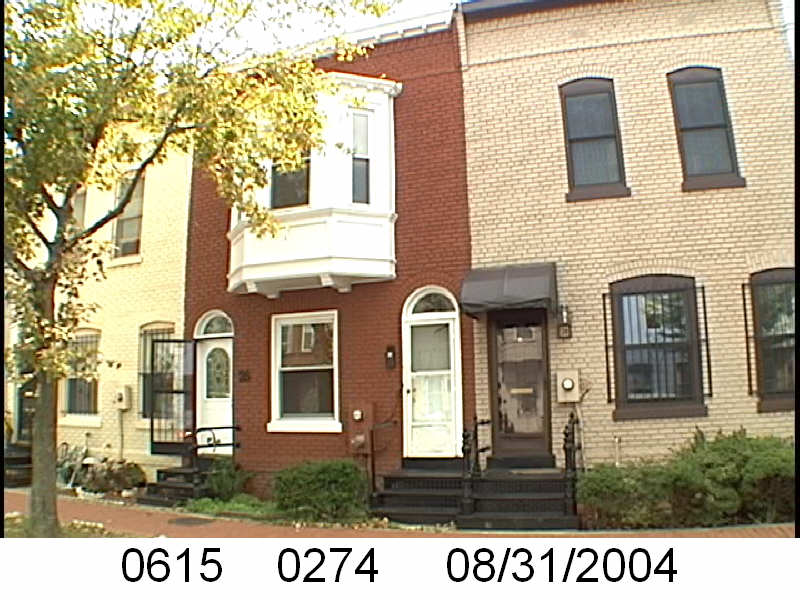This is based off a previous blog post for 43 Bates St NW.
The Washington Sanitary Improvement Company (WSIC) was a late 19th century charitable capitalism experiment that ended in the 1950s. This blog started looking at the homes that were supposed to be sold to African American home buyers, after decades of mainly renting to white tenants.
Looking at WSIC properties they tend to have a pattern where the properties were sold to a three business partners, Nathaniel J. Taube, Nathan Levin and James B. Evans as the Colonial Investment Co. for $3 million dollars. Those partners sold to African American buyers. There was usually a foreclosure. In 1956 Nathan Levin died and Colonial Inv. Co. vice president Harry A. Badt took his place in the foreclosure paperwork. Then the property wound up in the hands of George Basiliko and or the DC Redevelopment Land Agency (RLA). Then there were the odd lucky ones who managed to avoid that fate.
The 45 Bates St NW post had some confusion and hopefully in this update I can do a better job.
Let’s see what happen with 43 Bates St NW: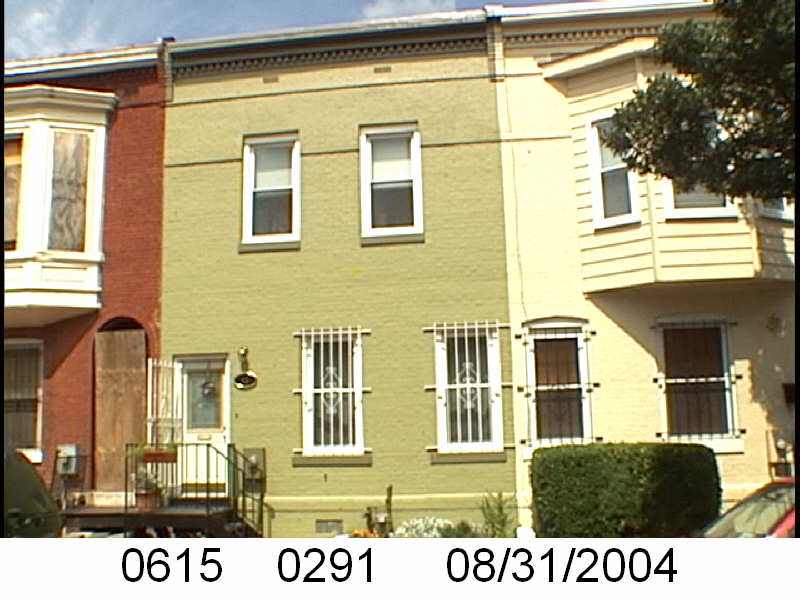
- December 1950 (recorded Jan 26, 1951) Evans, Levin and Taube sold one-half of 43 Bates St NW to Elizabeth and Neal Nelson.
- December 1950 (recorded Jan 18, 1951)the Nelsons borrowed $2,525 from Colonial Investment Co. favorite trustees Abraham H. Levin and Robert G. Weightman.
- January 1951 Evans, Levin, and Taube sold the other half of 43 Bates St NW to Mrs. Irene Brown, James E. Rogers and his wife Perlina Rodgers.
- January 1951 Brown and the Rodgers borrowed $2,525 from trustees Abraham H. Levin and Robert G. Weightman.
- September 1952 Brown and the Rodgers lost their half to foreclosure and through an auction it returned to Evans, Levin and Taube.
- Sept 1952 Evans, Levin and Taube sold the foreclosed half to Bernice and Hickman Leathers.
- September 1952 the Leathers borrowed $3,173.94 from trustees Levin and Weightman.
- March 1954 the Leathers lost their half to foreclosure, and like the last time, Evans, Levin and Taube repossessed it via an auction.
- April 1954 Evans, Levin and Taube resold the foreclosed half to Leotta Francis, Isabell Forde and Rosalie Forde.
- April 1954 Francis and the Fordes borrowed $3,186.77 from trustees Levin and Weightman.
- September 1956 (recorded 3/14/1958) the Nelsons lost their half to foreclosure and ownership went to to Colonial Investment Co partners Harry A. Badt, Evans and Taube, though an auction.
- September 1956 (recorded 8/27/1958, Doc 1958025810) Harry A. Badt and wife Jennie, transferred their interest in 43 Bates and other properties to the survivors of Nathan Levin.
- March 1957 Francis and the Fordes sold their half back to Badt, Evans and Taube.
- March 1959 Francis and the Fordes were released from their mortgage.
- March 1959 (doc# 1959019387) Badt, Evans, Taube, Nathan Levin’s survivors and their spouses sold the whole of 43 Bates St NW and other properties on the block to Sophia and George Basiliko.
- Between 1971-1972 Basiliko was released from several mortgages and the next document has the DC Redevelopment Land Agency (RLA) as the owner, so we are left to assume around 1970 Basiliko sold the property to RLA.
- Around 1978 the DC RLA sold/transferred this and other properties to the Bates Street Associates. A contract (doc #7800024140) DC RLA and Bates Street Associates, Inc suggests the property was transferred around this time.

 45 Bates St NW is on square 615 in Truxton Circle. During the time of WSIC’s ownership it sat on lot 134. Currently it is now lot 292.
45 Bates St NW is on square 615 in Truxton Circle. During the time of WSIC’s ownership it sat on lot 134. Currently it is now lot 292.